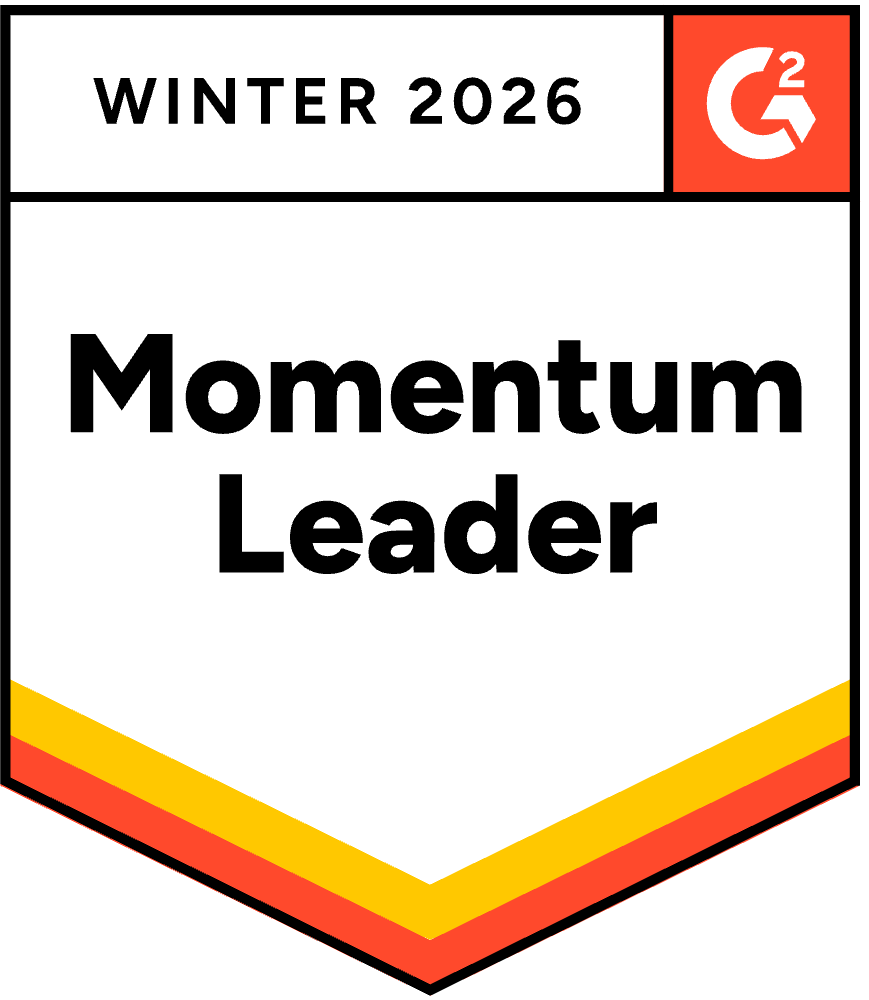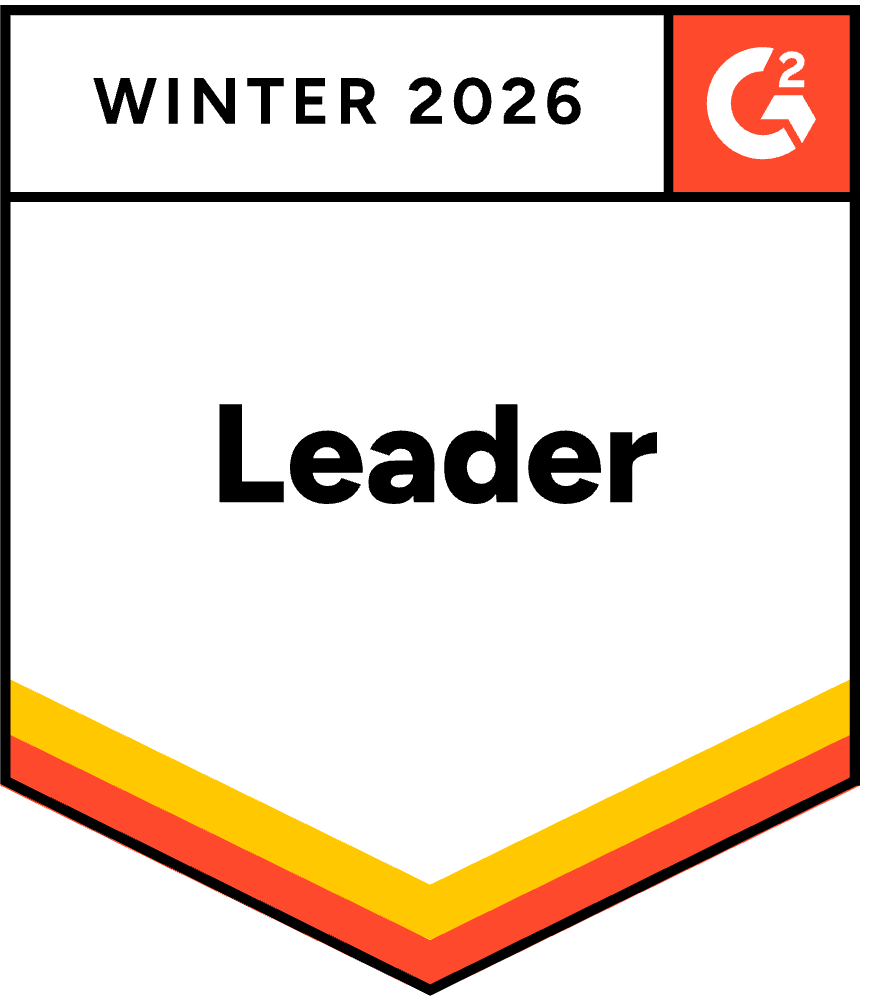Create data-driven content strategies in minutes
Schedule a live demo with one of our strategists to see how MarketMuse can help you reach your content goals.
We’re revolutionizing content strategy




FAQs
MarketMuse was built by practitioners — SEOs and content strategists who sought an easier way to evaluate their content and opportunities. They knew content decisions shouldn’t be based on generic data and take days or weeks to cobble together.
With MarketMuse, you know what you have, what’s missing, how it’s performing and where your advantages are — all on demand. Quick wins, gaps in the market, and competitive advantages are easy to find.
MarketMuse differs from other platforms in that:
- We use proprietary data and AI vs. commodity data via APIs
- We offer content inventories and research workflows vs. keyword-by-keyword analysis
- We streamline research and auditing vs. living in spreadsheets or one-off searches
- We use patented topic modeling technology to produce high-quality suggestions vs TF-IDF or correlation SEO.
Read more on how MarketMuse compares to the alternatives.
Teams who use content to educate and engage with their audience use MarketMuse, most often brands, publishers and agencies. Our day-to-day users include SEOs, content strategists, editors, writers, and digital/content managers who oversee their operations.
Yes! For every page and topic we analyze, our AI fetches hundreds to thousands of pages of content, removes low quality outliers, and uses a combination of proprietary and open source algorithms to classify parts of speech and calculate their relevance.
Personalized Difficulty is a metric that’s unique to your site and its content. The value ranges from 1 to 100 — the higher the number, the harder it is for you to rank. It’s calculated based on your site’s coverage of a topic, how well it performs (both currently and historically), and other factors.
Topic Authority considers the breadth of coverage on a topic across a given domain, how comprehensive the content is, how well it performs, the potential for improved performance relative to competitive domains. Think of it as a probability indicator — the greater your authority, the more likely you are to succeed at optimizing an existing page or creating new content.
Competitive Advantage is the difference between a topic’s Difficulty and your Personalized Difficulty. How much easier is it for you to improve your ranking on the topic vs. a generic site?
Content Score For a given focus topic, MarketMuse generates a model of subtopics and their relationship to the main topic. MarketMuse analyzes the text on a page and scores the content based on its inclusion of the model’s subtopics. Content Scores are calculated for both the user’s content and that of competitive pages to determine a Target Content Score.
Page Authority is a metric that calculates the overall authority of a page relative to other pages on the same domain. MarketMuse uses the page’s overall number of ranking topics and the page’s rankings for those topics to determine overall authority.
Topic Model is an algorithm that takes into account multiple probabilities to calculate the relationship and relevance between a topic and its related topics. Our proprietary model is used throughout the platform.
Inventory is a list of all of the published pages, topics, and page/topic combinations on your site, updated on a regular basis. We automatically keep track of your pages and topics for you (no need to manually upload).
We apply a number of industry and personalized metrics to each page to assess content quality and inform content decisions. For example, we’ll tell you how easy or hard it is for you to rank for your topic based on your existing authority. The insights help you prioritize where to focus your time.
Inventory also includes tracked topics you wish to track, whether you are ranking for them already or not. This helps you identify topics where you have no content, topics with strong or weak authority, and topics that are easy or hard for you to rank based on your authority.
Yes! You can view our patent here.
We offer the following brief types:
- Article (available to all tiers with Content Briefs)
- Comparison
- FAQ Collection
- Guide
- How-to
- Listicle
- Local
- News/Event
- Product Review